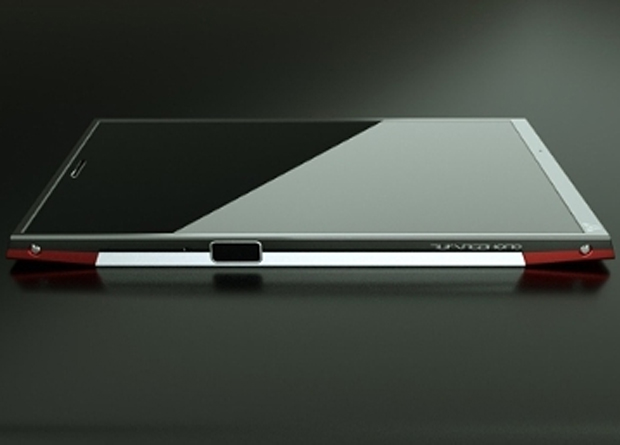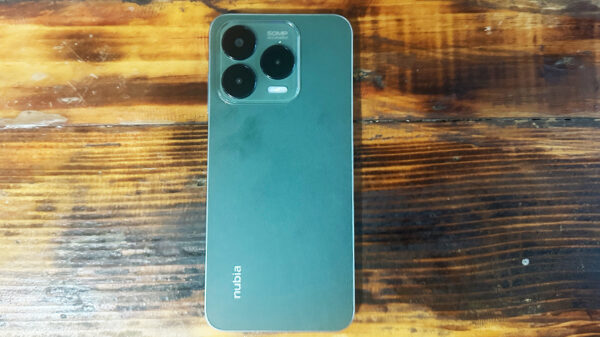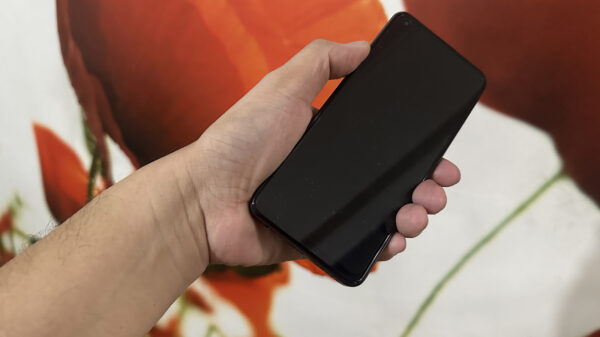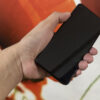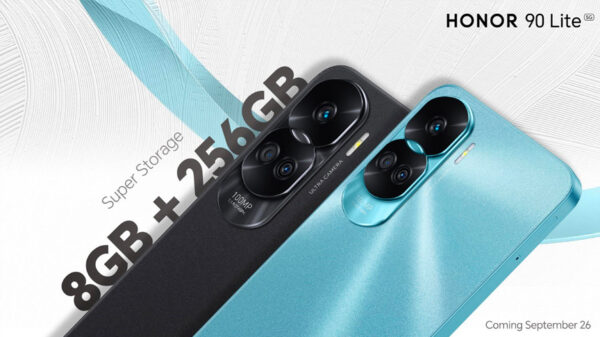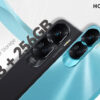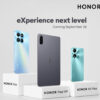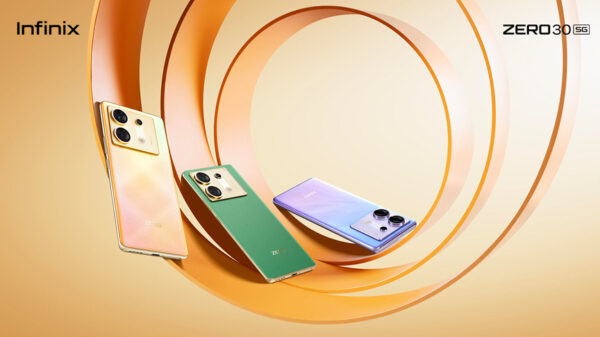Turing Robotic Industries (TRI), a pioneer in mobile device technology, has announced that it is entering the mobile technology market with its flagship Turing Phone, eyed to launch in summer 2015.
Using TRI’s decentralized authentication technology, each Turing Phone is capable of directly verifying the identity of other Turing devices without the need for a third-party Key Center. This end-to-end authentication creates a protected communications network that is entirely insulated from cyber-threats and privacy intrusions. Within this circle of trust, users can exchange sensitive data such as social security numbers or bank wiring instructions and know that the information will reach only the device intended.
TRI’s technology provides a dramatic improvement over the logic of Identity-Based Encryption, because both the master public key and the unique private key are anonymously pre-bundled into the phone.
“Building trustworthy communications on the mobile internet has been a challenge,” said S.Y.L. Chao, CEO of TRI. “Our vision with the Turing Phone is to help mobile users navigate within a circle of trust. We’re beginning with the smartphone and plan to rapidly extend this technology into robotics and other domains linked to the Internet of Things, where security concerns are a huge impediment to innovation.”
The Turing Phone also features a revolutionary design that is both tougher than conventional materials and more sustainable from a production perspective. The Turing Phone is molded from a single unit of Liquidmorphium™, an amorphous alloy of zirconium, copper, aluminum, nickel and silver that provides greater tensile strength than either titanium or steel, protecting the phone from shock and screen breakage.
Liquidmorphium was developed by Prof. Lugee Li, founder of New Technology and Material, Inc., and material scientist Dr. Atakan Peker, co-inventor of the liquidmetal alloy. The Turing Phone body can be produced at a near 100 percent yield rate with minimal waste.
“With efficient production using Liquidmorphium, the Turing Phone can be produced at a cost and scale that will allow trustworthy networks to develop exponentially,” Li said.
Inspired by Alan Turing’s work in mathematics, cryptography and artificial intelligence, Turing Robotic Industries Corp. (TRI) builds trustworthy mobile technologies. The company’s mission is to help individuals and organizations create trustworthy networks in which communications and data are safe from cyber threats. The Turing Phone, the company’s flagship liquid-metal phone, facilitates this mission by employing a decentralized authentication methodology using static key exchange. Turing’s anonymous key distribution infrastructure is able to provide unique identifiers and trustworthy connectivity for an infinite number of devices. Turing Robotic Industries is based in San Francisco, California and Shenzhen, China.
To learn more, visit www.turingri.com.



















































































